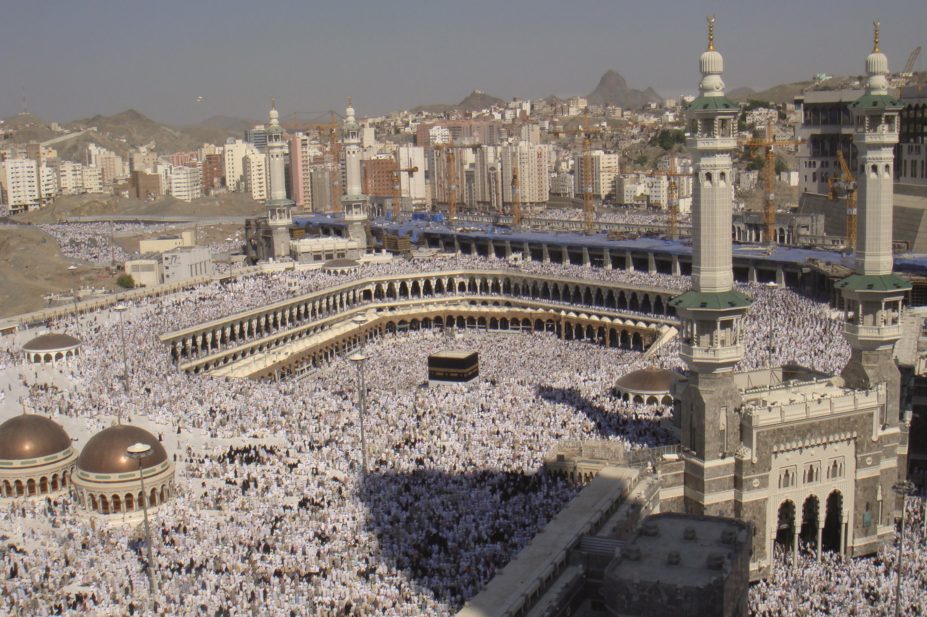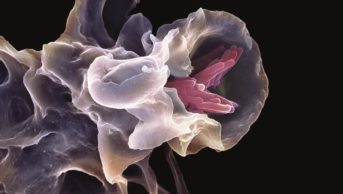
Al Jazeera / Wikimedia Commons
New health advice about the risks of the Middle East respiratory syndrome coronavirus (MERS-CoV) for Muslims travelling to Makkah in Saudi Arabia for the annual Hajj pilgrimage has been published.
Pilgrims are told to travel as normal as the risk of contracting the virus remains “very low”, according to a statement from Public Health England (PHE) and the National Travel Health Network and Centre (NaTHNaC).
But the ministry of health in Saudi Arabia has advised people aged over 65 years, patients with chronic disease or a suppressed immune system and pregnant women and children to postpone their pilgrimage this year.
PHE says all pilgrims should follow good hand and respiratory hygiene and avoid any contact with camels as there is growing evidence that the animals may be involved in transmitting the virus.
Pilgrims should also check that their vaccines are up to date. Information about which inoculations are required for Saudi Arabia can be found on the NaTHNaC website.
Any pilgrims returning from Hajj or the Umrah pilgrimage who develop influenza-like symptoms including a cough or shortness of breath within 14 days of return to the UK are advised to contact their GP immediately.
According to latest figures, there have been 1,149 cases of MERS-CoV in Saudi Arabia since it was first identified in 2012 up until the end of May 2015 and 431 people have so far died.
According to the World Health Organization, the virus does not pass easily between humans unless there is close contact, such as providing unprotected care for somebody who is already infected.


